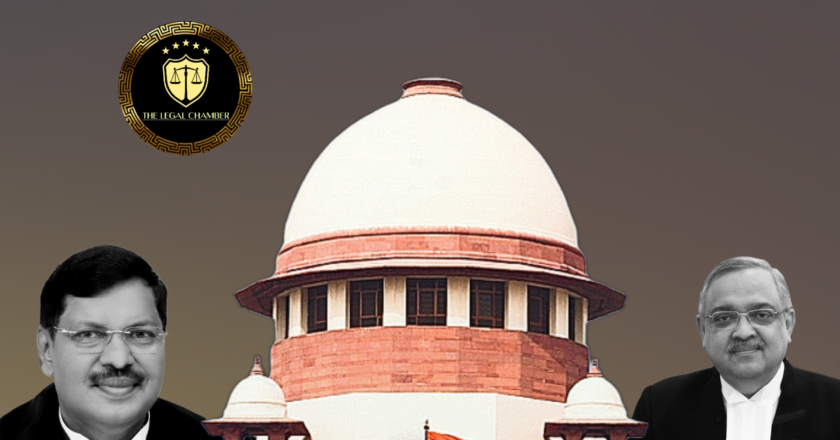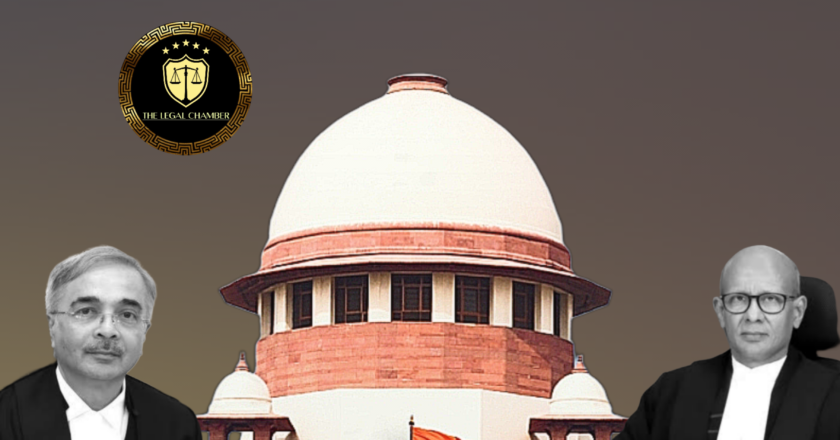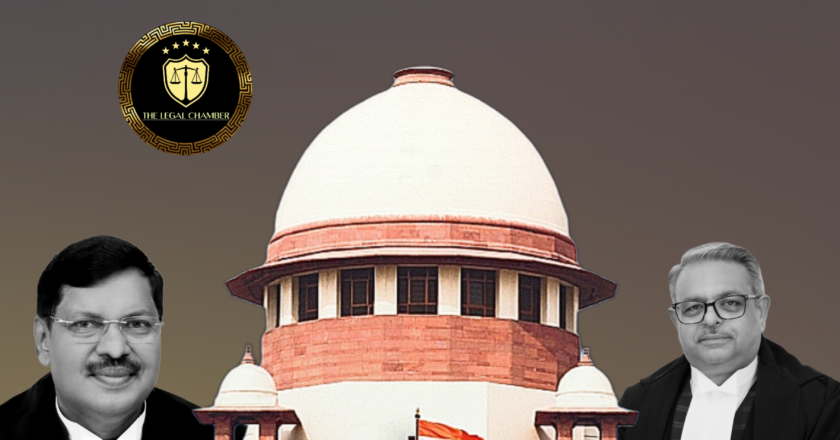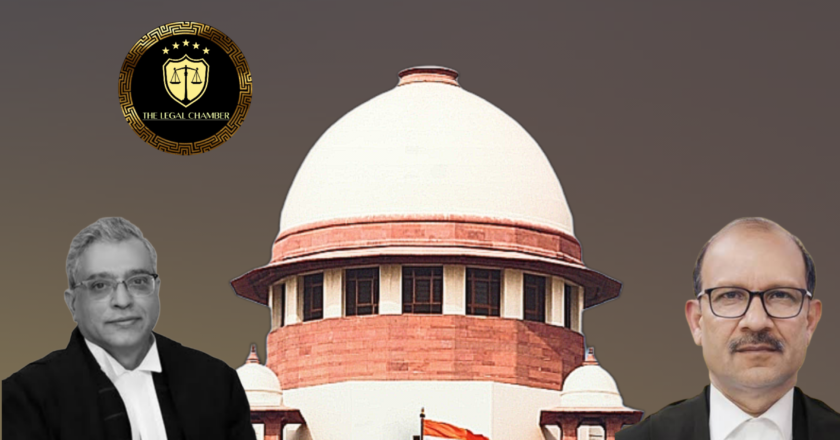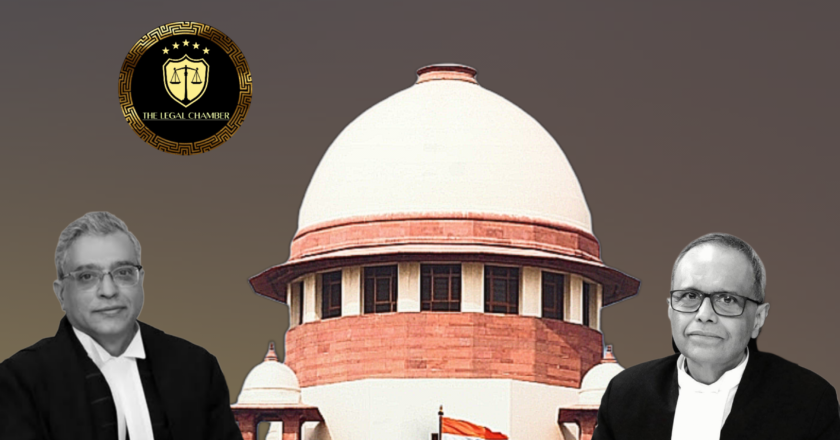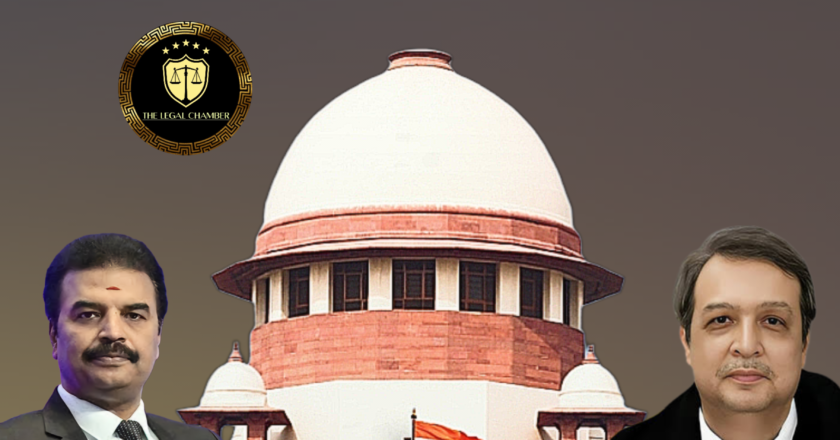Supreme Court Upholds Ruling: Power Generators Must Share Coal Costs Fairly Among All Buyers
The Supreme Court dismissed appeals against concurrent orders of CERC and APTEL. It upheld that coal linkage for a power plant is allocated to the project as a whole, not to specific PPAs. Consequently, the additional cost from 'Change in Law' events must be apportioned pro-rata among all power procurers based on their energy drawal.
Facts Of The Case:
GMR Kamalanga Energy Limited (GKEL) set up a power plant and entered into long-term Power Purchase Agreements (PPAs) with three utilities: Haryana, Odisha (GRIDCO), and Bihar. The project was allocated coal from specific linkages and a captive block, intended for the entire plant. When changes in law and a coal supply shortfall increased GKEL's costs, it sought compensation. The Central Electricity Regulatory Commission (CERC) ruled GKEL w...
